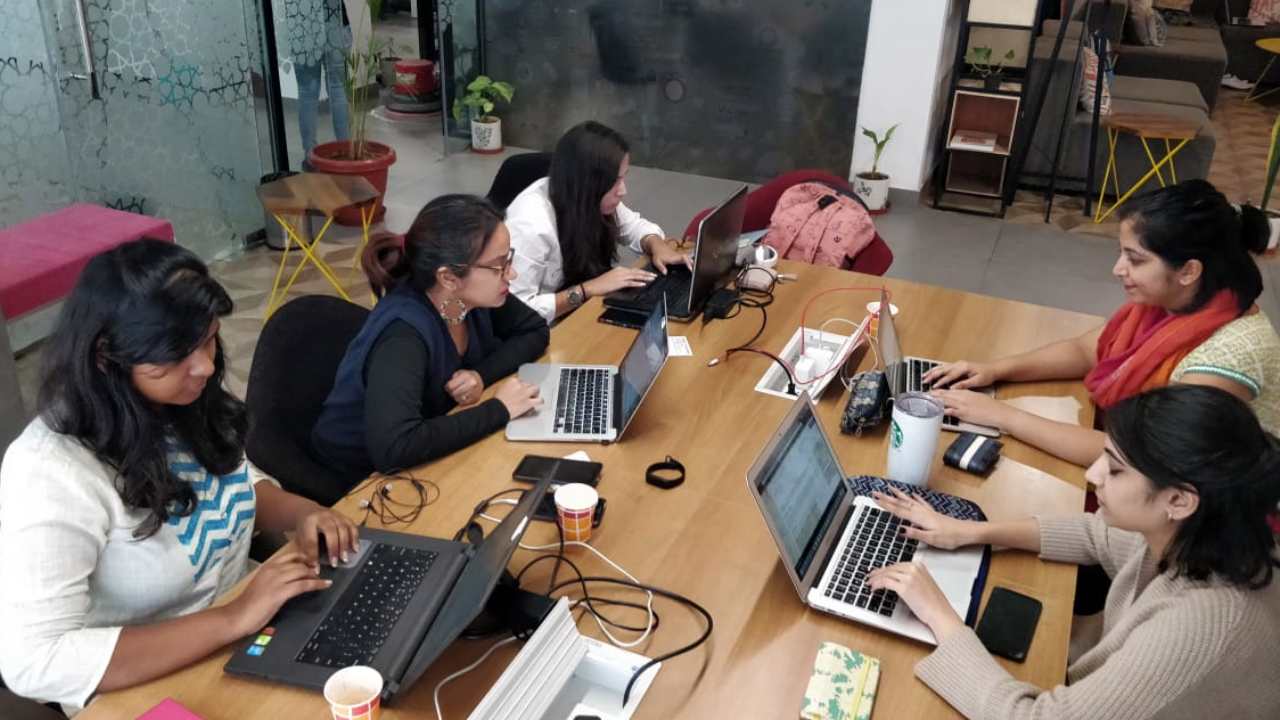LinkedIn has announced its partnership with the UN Women, Under the partnership, LinkedIn will invest US $500,000 (Rs.3.88 crore) in three years. The partnership is dedicated to gender equality, the association seeks to promote the economic empowerment of women.
According to a press release, the project will launch a pilot project for 2,000 women in Maharashtra to build digital, soft and vocational skills and enable them to engage in various career developments through job fairs, mentoring sessions, and peer-to-peer networking. present you with opportunities.
It said the three-year regional collaboration will empower women digitally, give them better access to jobs and prepare them to fully participate in the formal economy.
This program will start in July 2022 and will run till October 2023. It will be operated in several locations in Maharashtra including Mumbai, Greater Mumbai and Pune region. Women who have completed their higher education can apply for this program.
“As more businesses and professionals recognise the rewarding impact of gender-equal workplaces, we have the unique opportunity to help women become more employable and entrepreneurial in today’s digital era. We are delighted to partner with UN Women to jointly work towards improving female representation and professional diversity across the region’s workforce by investing in the upskilling and economic empowerment of women. By bringing women closer to the right skills and resources, we aspire to create a more equitable and all-inclusive talent landscape,” said Ashutosh Gupta, India Country Manager, LinkedIn.
A disproportionate number of women lack basic internet access. It is important to address the development of gender-sensitive technology policies in the Asia-Pacific region, where 54.6% of men in Asia have internet access, compared to 41.3% of women. This represents a gender gap of 32%. According to the International Telecommunication Union (ITU), between 2013 and 2017, the gender gap in Asia increased from 17% to 24%. Women and girls often do not have access to education or the same education as men and boys. In fact, the disproportionate impact of COVID-19 has widened the opportunity gap for women and girls over the past two years.


























